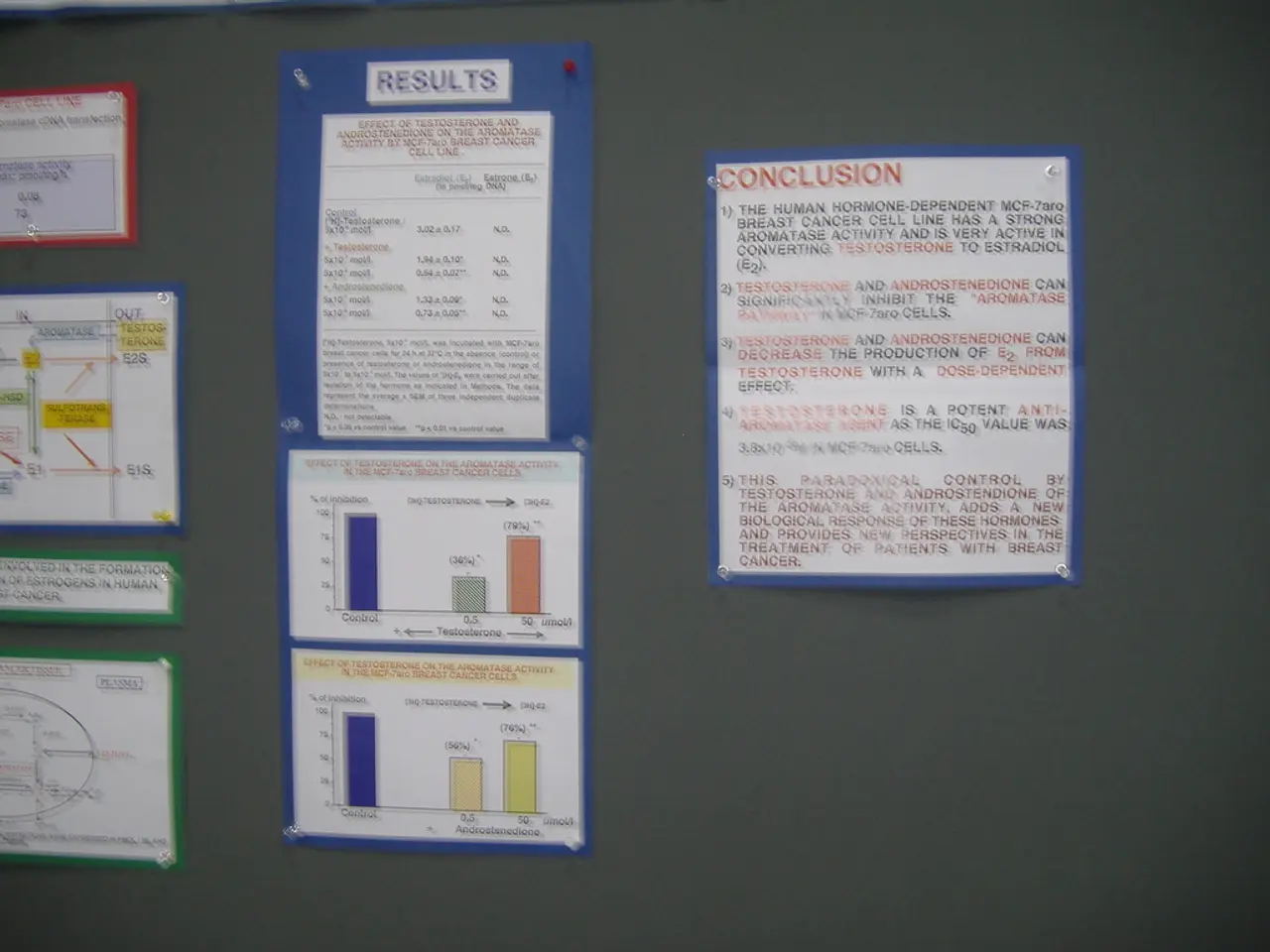Innovative governance separates Narendra Modi from past leaders, asserts Ashwini Vaishnaw during PM's birthday celebration.
The Indian government, under the leadership of Prime Minister Narendra Modi, is embarking on a transformative journey to turn India into a vibrant knowledge society and a global knowledge superpower. The New Education Policy, 2020, is a significant step in this direction, aiming to provide broad-based, flexible, and multidisciplinary education tailored to 21st-century needs.
In parallel to the educational reforms, the government is also working towards easing compliance and reducing red tape in various sectors. Over 40,000 unnecessary compliances have been abolished, over 1,500 outdated laws repealed, and many laws simplified to make compliance easier. A Task Force has been established to review laws, rules, and procedures further to reduce compliance burdens.
One such initiative is the e-Shram programme, aimed at registering large-scale unorganised workers, linking them to social security schemes, and streamlining regulations. This programme is expected to simplify compliance and reduce red tape for these workers.
The government has also consolidated multiple old labour laws into four codes: Wage Code, Social Security Code, Occupational Safety, Health & Working Conditions Code, and Industrial Relations Code. This consolidation extends social security to unorganised and platform/gig workers, decriminalises certain labour laws, and eases licensing requirements.
Prime Minister Modi's focus extends beyond education and labour reforms. He has introduced key reforms since assuming office, including the Goods and Services Tax (GST) in 2017. The GST system overhaul, recently implemented, aims to reduce the tax burden on essential goods, rationalise rates, correct inverted duty structures, resolve classification issues, and improve the ease of living.
During the COVID-19 pandemic, a broad reform package worth Rs 20 lakh crore was announced to boost the economy, infrastructure, private sector participation, defence production reforms, and the opening up of sectors like coal, atomic energy, and space.
PM Modi's visionary leadership sets him apart from his predecessors. Unlike previous leaders, he has set a clear, ambitious national goal: making India a developed nation by 2047. He is known for his focus on various sectors, including inclusive development, infrastructure, technology, innovation, and national security.
Moreover, PM Modi has transformed politics into a means for service, bringing significant positive changes to the lives of the people. He is a keen listener who encourages long-term thinking in achieving goals.
The Indian government under Prime Minister Modi has also established important research and development partnerships, aiming at India's development by 2047. These collaborations include partnerships with global organizations and business councils, such as the US-India Business Council, which promotes international investment and innovation. This reflects the government's commitment to advancing technology and economic growth.
Finally, the demonetisation of high-denomination currency notes in 2016 aimed to reduce black money, improve tax compliance, formalise the economy, and increase transparency.
In conclusion, Prime Minister Narendra Modi's leadership has been instrumental in driving significant reforms across various sectors in India, paving the way for a developed and vibrant nation by 2047.
Read also:
- United States tariffs pose a threat to India, necessitating the recruitment of adept negotiators or strategists, similar to those who had influenced Trump's decisions.
- Weekly happenings in the German Federal Parliament (Bundestag)
- Southwest region's most popular posts, accompanied by an inquiry:
- Discussion between Putin and Trump in Alaska could potentially overshadow Ukraine's concerns






